5/9/19: “Still fighting, seventy years later: The strange afterlife of World War Two in Russia and Japan”

Thursday, May 9th, 2019
2:00 PM – 4:00 PM
Chung-wen Shih Conference Room
Elliott School of International Affairs
1957 E Street, NW, Washington, District Of Columbia 20052
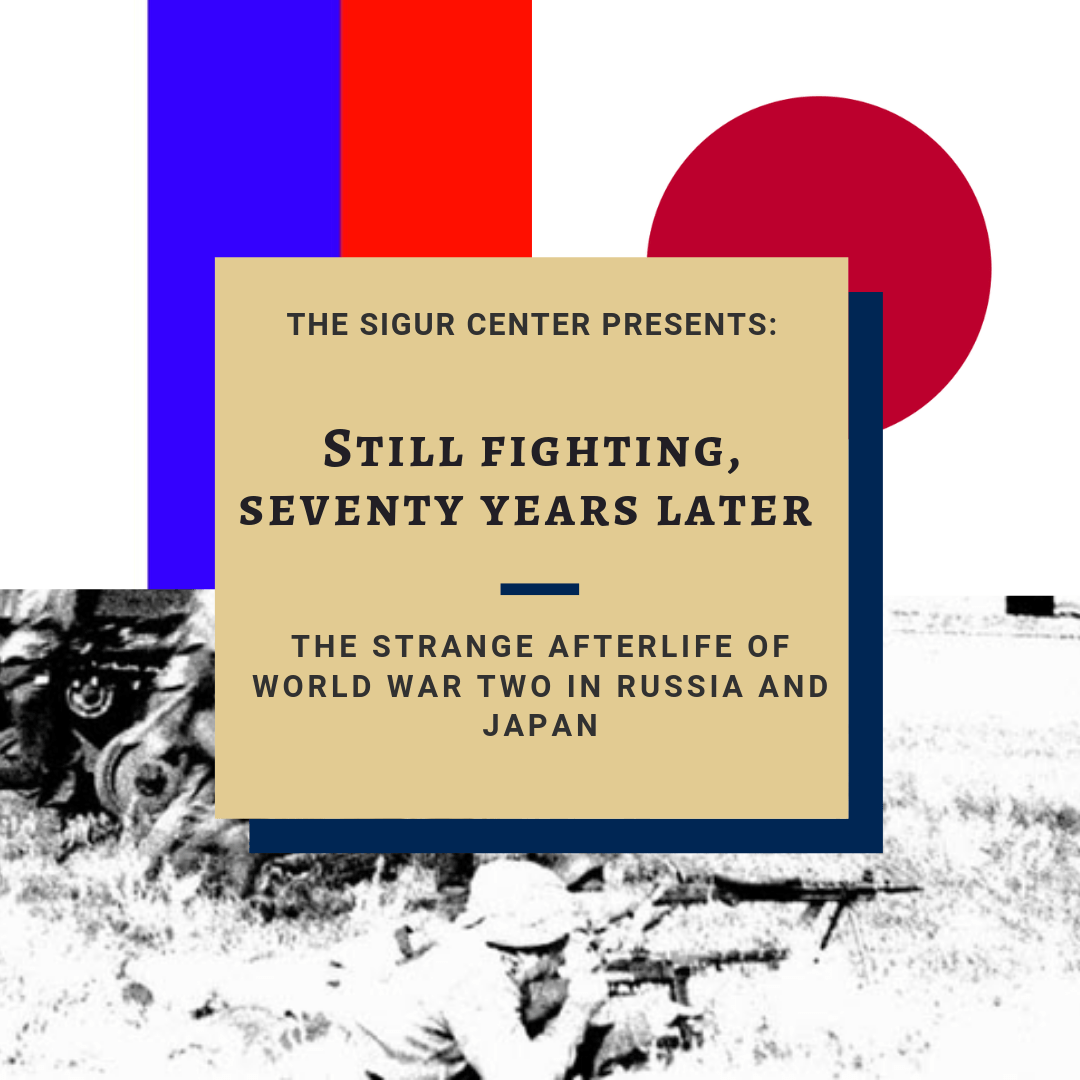
Why is World War Two so present in the politics and diplomacy of Japan and Russia? Three panelists come together to discuss this question. In Japan, the so-called history wars erupted in the 1980s and have only intensified since—making the history of Japanese colonialism in Asia and the conduct of the Asia-Pacific War a hot political issue within Japan and a tense diplomatic issue between Japan and its neighbors. In Russia, the Great Patriotic War (as WWII is known there) faded from public prominence with the collapse of the Soviet Union, but under Vladimir Putin, commemoration of the conflict has returned to center stage–with annual ‘Victory Day’ celebrations on May 9 now one of the country’s most important national holidays, and the state’s version of the history of war elevated to a unifying myth and a source of legitimacy for the current leadership.
This event is free and open to the public and media. Light refreshments will be available.
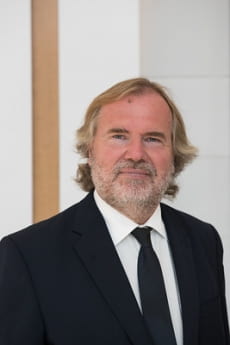
Peter Rollberg is a Professor of Slavic Languages, Film Studies, and International Affairs at the George Washington University. He is also the Director of the Institute for European, Russian, and Eurasian studies at GW. He grew up in Halberstadt, Germany, and in Moscow. In 1988, he earned his Ph.D. in Russian Literature from the University of Leipzig. In 1990-1991, he taught at Duke University. In 1997, he published a Festschrift in honor of Charles Moser, And Meaning for a Life Entire (Slavica). He is the author of the Historical Dictionary of Russian and Soviet Cinema (Scarecrow Press, 2008), the second, enlarged edition of which was published in 2016 (Rowman and Littlefield). In 2014, he edited Media in Eurasia – a special issue of Demokratizatsiya: The Journal of Post- Soviet Democratization, and in 2015, with Marlène Laruelle, The Media Landscape in Central Asia, in the same journal.
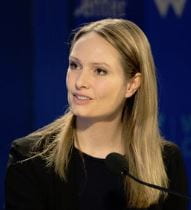
Katie Stallard-Blanchette is a Fellow in the Asia Program and the History and Public Policy Program at the Wilson Center. She is a writer and TV foreign correspondent with experience reporting from more than 20 countries, currently working on a book about the use of wartime history in contemporary China, Russia and North Korea. Previously based in Beijing as head of British television news channel Sky News’ Asia Bureau, her work has taken her to Pyongyang and the DMZ, out into the disputed waters of the South China Sea, and to the front line of the battle for the southern Philippines city of Marawi, where she reported under sniper fire from ISIS-linked militants. She was previously based in Russia, where she led the channel’s coverage of the conflict in Ukraine, and Vladimir Putin’s annexation of Crimea.
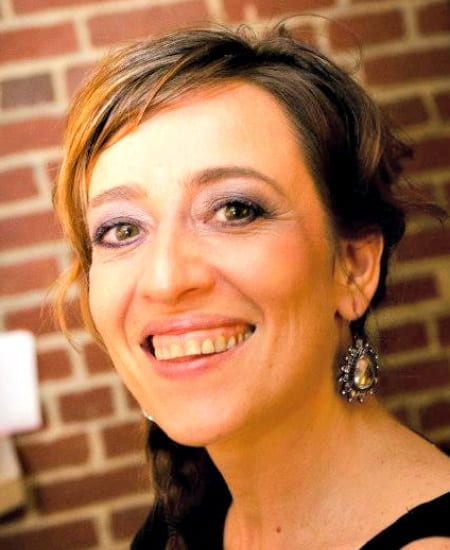
Izabella Tabarovsky is Senior Program Associate and Manager for Regional Engagement at the Kennan Institute. She is the managing editor of the Kennan Institute’s Russia File and Focus Ukraine blogs. In her research and writing, she focuses on the politics of historical memory in the post-Soviet space and Eastern Europe. From 2012 to 2014, she worked for the Carnegie Endowment for International Peace, where she led the implementation of the Euro-Atlantic Security–Next Generation initiative (EASI Next Generation). She also managed a track 2 Transnistria conflict resolution task force and a U.S.-Russian health cooperation task force. She previously worked for a private communications consultancy; Harvard University’s Kennedy School of Government; and Cambridge Energy Research Associates, where she published numerous papers on geopolitics of Eurasian energy. Izabella holds a Master of Arts degree in Russian History from Harvard University and Bachelor of Arts degree from the University of Colorado in Boulder. She is a native Russian speaker with working knowledge of Hebrew, Spanish, French, and German.
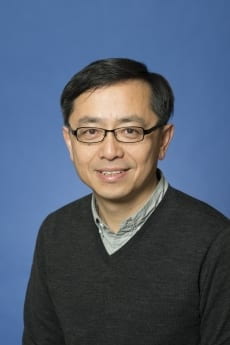
Daqing Yang is an Associate Professor of History and International Affairs at the George Washington University. He is a founding co-director of the Memory and Reconciliation in the Asia Pacific program at its Elliott School of International Affairs. A native of China, Professor Yang graduated from Nanjing University and received his Ph.D. from Harvard University. He has also taught at Harvard university, the University of Tokyo and Waseda University in Japan and Yonsei University in Korea. From 2004 to 2007, Professor Yang served as a Historical Consultant to The Nazi War Crimes and Japanese Imperial Government Records Interagency Working Group at the U.S. National Archives. He is a co-editor, with Professor Mike Mochizuki, of Memory, Identity, and Commemorations of World War II: Anniversary Politics in Asia Pacific (2018). He is currently working on a comparative study of “joint historians’ commissions” set up to address contested issues from the past in both Europe and East Asia.
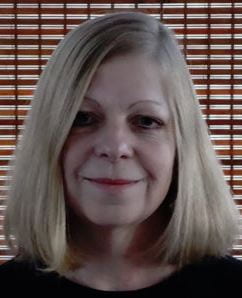
Louise Young is currently a Fellow in the Asia Program at the Wilson Center. She is Vilas Distinguished Achievement Professor of History at UW-Madison and is affiliated with the Center for East Asian Studies, where she served as director from 2005-2008. She earned her BA in Political Science at the UW-Madison in 1982 and her PhD in History from Columbia University in 1993. Before joining the faculty at the UW-Madison in 2003, she taught at NYU and Georgetown. She is a social and cultural historian of modern Japan, with research and teaching interests that include international relations, World War Two in Asia, comparative imperialism, urban history, and social thought. Her successive major research projects have focused on the relationship between culture and empire, urban modernism between the wars, and most recently, the idea of class in Modern Japan. She is currently working on a book of essays that examine Japan in the world as a history of the present.


2 thoughts on “5/9/19: “Still fighting, seventy years later: The strange afterlife of World War Two in Russia and Japan””
This is all IMO. My dad was in ww2 in the Pacific Theatre. Every once in awhile he would pull guard duty. He told of our soldiers who came back from the Japanese camps. They were in very poor shape. He told me more but I won’t go into detail. If I was negotiating this is what I would have done: 1. McArthur would no part in the surrender or talks. 2. Hirohito should have been removed, arrested, tried and convicted of war crimes along with Tojo. 3. The topper, starting as soon they were back on their feet, they give us 50% of their profits for 100 years. I am will not bow to any Japanese businessman! No I am not racist. Ask veterans about the horrors of Japanese torture, etc. during ww2.
The two leaders of the country have reviewed the current situation by politicians. Japan and Russia both are very familiar for sharp political discretion.But whatever will happen will be peaceful.
https://www.nrconline.info/